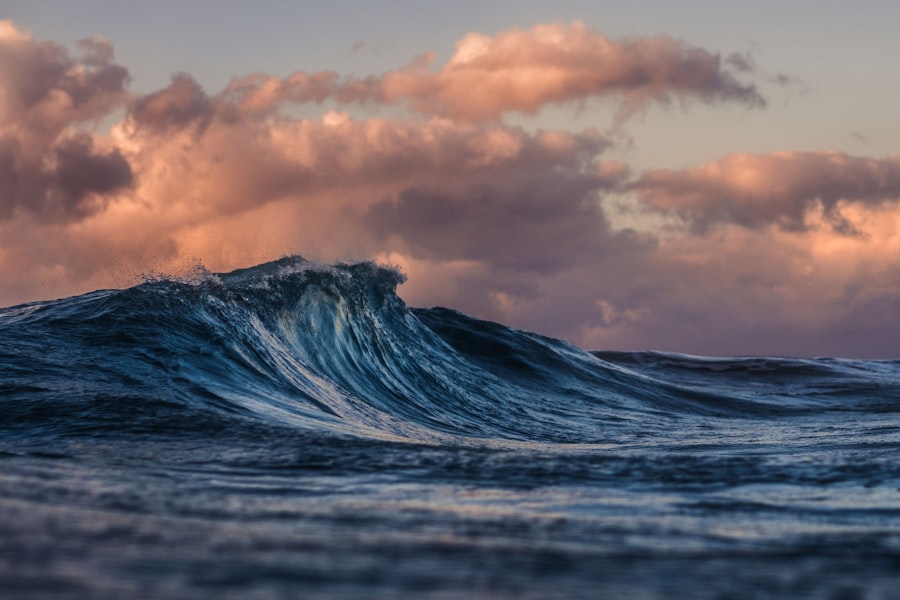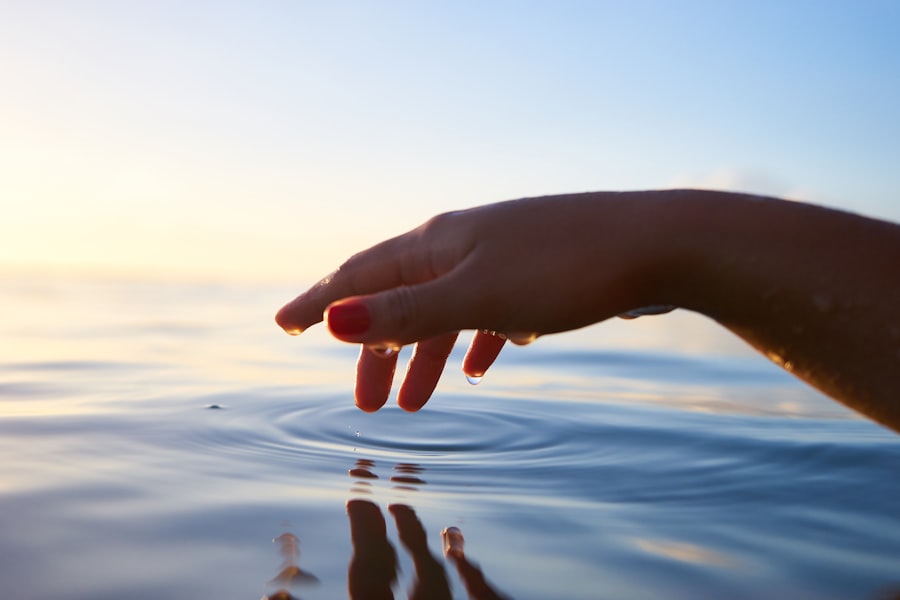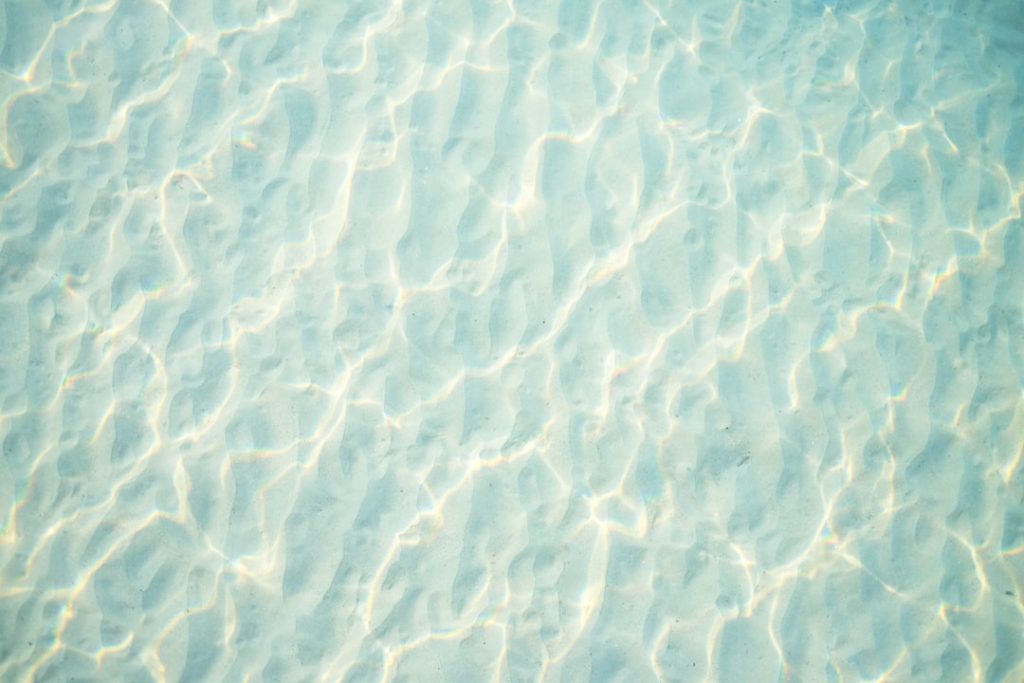Preventing chicken water from freezing during winter is a common concern for poultry keepers. Water freezes when temperatures fall below 32°F (0°C) due to the cold air surrounding the container and heat escaping from the water. This process occurs more rapidly in stagnant water than in moving water.
Frozen water poses a significant problem for chickens, as they require constant access to water for proper hydration and overall health. Understanding these factors is crucial for developing effective strategies to keep chicken water from freezing and ensuring the well-being of the flock throughout the colder months.
Table of Contents
- 1 Insulating the Water Container
- 2 Using Solar Power for Heating
- 3 Adding Salt to the Water
- 4 Using a Non-Electric Heated Waterer
- 5 Utilizing Thermal Mass for Heat Retention
- 6 Implementing a Water Heating System Using Compost
- 7 FAQs
- 7.1 What are some methods to keep chickens’ water from freezing without electricity?
- 7.2 How can insulated waterers help keep chickens’ water from freezing?
- 7.3 Is it safe to add hot water to chickens’ water to prevent freezing?
- 7.4 What are some alternative energy sources for heated water dispensers?
- 7.5 Are there any other tips for keeping chickens’ water from freezing without electricity?
Key Takeaways
- Chickens’ water freezes due to low temperatures and lack of insulation
- Insulating the water container can help prevent freezing
- Solar power can be used to heat the water and prevent freezing
- Adding salt to the water can lower its freezing point
- Non-electric heated waterers can provide a constant source of warmth for the water
Insulating the Water Container
Insulating the Water Container
One effective way to prevent chicken water from freezing is by insulating the water container. This can be done by wrapping the container with insulating materials such as foam or bubble wrap. These materials can help retain the heat from the water and prevent it from freezing as quickly.
Sheltered Placement
Additionally, placing the water container in a sheltered area, such as a coop or a shed, can provide some protection from the cold and wind, further reducing the likelihood of freezing.
Insulated Waterers for Cold Weather
Another option for insulating the water container is to use an insulated waterer specifically designed for cold weather. These waterers are equipped with double-wall insulation to keep the water from freezing even in extremely low temperatures. Some models also come with a heated base to prevent freezing, making them a reliable option for poultry owners in cold climates.
A Simple yet Effective Solution
Insulating the water container is a simple yet effective way to ensure that chickens have access to unfrozen water during the winter months.
Using Solar Power for Heating

Utilizing solar power for heating chicken water is an environmentally friendly and cost-effective solution. Solar-powered water heaters can be used to keep chicken water from freezing by harnessing the energy from the sun to heat the water. These systems typically consist of solar panels that collect sunlight and convert it into energy to power a heating element in the water container.
This allows the water to stay warm and prevent freezing even in cold temperatures. Solar-powered water heaters are a sustainable option for poultry owners who want to reduce their carbon footprint and save on energy costs. They require minimal maintenance and can provide reliable heating for chicken water throughout the winter months.
Additionally, some solar-powered water heaters come with backup battery systems to ensure continuous operation even on cloudy days or during nighttime. This makes them a practical and efficient solution for keeping chicken water from freezing in cold weather.
Adding Salt to the Water
Adding salt to chicken water is a common method used to prevent freezing in cold temperatures. Salt lowers the freezing point of water, making it less likely to freeze even in sub-zero temperatures. By adding a small amount of salt to the water, poultry owners can help keep it from freezing and ensure that chickens have access to unfrozen water at all times.
It’s important to note that only a small amount of salt should be added to the water, as excessive salt intake can be harmful to chickens’ health. Another benefit of adding salt to chicken water is that it can help prevent the formation of ice around the container. This can make it easier for chickens to access the water without having to deal with ice buildup.
However, it’s important to monitor the salt levels in the water and ensure that it remains at a safe and appropriate concentration for chickens. Adding salt to chicken water is a simple and cost-effective way to prevent freezing and ensure that chickens have access to unfrozen water during the winter months.
Using a Non-Electric Heated Waterer
Non-electric heated waterers are an efficient and reliable solution for keeping chicken water from freezing without using electricity. These waterers are designed with insulated materials and a built-in heating element that is activated when temperatures drop below freezing. The heating element is typically powered by a thermal siphon or a vacuum tube that utilizes the natural heat exchange process to keep the water warm and prevent freezing.
Non-electric heated waterers are a practical option for poultry owners who want to avoid using electricity or have limited access to power sources in their coop or outdoor area. They are easy to set up and require minimal maintenance, making them a convenient choice for keeping chicken water from freezing in cold weather. Additionally, some non-electric heated waterers are equipped with thermostatic controls that automatically turn on the heating element when needed, ensuring that the water remains unfrozen at all times.
Utilizing Thermal Mass for Heat Retention

Utilizing thermal mass is a simple yet effective way to keep chicken water from freezing in cold temperatures.
What is Thermal Mass?
Thermal mass refers to materials that can absorb and store heat, such as concrete, stone, or brick. By placing the water container on top of or near these materials, the heat from the surrounding environment can be absorbed and retained, preventing the water from freezing as quickly.
Heat-Absorbing Materials
Another method of utilizing thermal mass for heat retention is by using heat-absorbing materials such as black containers or rubber mats. These materials can absorb sunlight and convert it into heat, which can then be transferred to the water container, keeping it warm and preventing freezing.
Location Matters
Additionally, placing the water container in a location that receives direct sunlight can help utilize thermal mass for heat retention and keep chicken water from freezing during the winter months.
Implementing a Water Heating System Using Compost
Implementing a water heating system using compost is a sustainable and innovative solution for keeping chicken water from freezing in cold weather. This method utilizes the natural heat generated by decomposing organic materials in a compost pile to warm the water. A series of pipes or coils are buried within the compost pile, allowing the heat generated by the decomposition process to transfer to the water container and keep it warm.
Compost heating systems are an eco-friendly option for poultry owners who want to reduce their environmental impact and utilize renewable energy sources. They require minimal maintenance and can provide consistent heating for chicken water throughout the winter months. Additionally, compost heating systems can be integrated into existing compost piles or constructed as standalone units, making them a versatile and practical solution for preventing chicken water from freezing in cold temperatures.
If you’re looking for more ideas on how to improve your chicken coop, check out this article on chicken coop interior ideas. It offers great tips on how to create a comfortable and functional space for your chickens.
FAQs
What are some methods to keep chickens’ water from freezing without electricity?
Some methods to keep chickens’ water from freezing without electricity include using insulated waterers, adding hot water to the waterer multiple times a day, using heated water dispensers that rely on alternative energy sources such as solar power, and using water heater bases that rely on a heat source such as a candle or propane.
How can insulated waterers help keep chickens’ water from freezing?
Insulated waterers help keep chickens’ water from freezing by providing a layer of insulation that helps retain the heat from the water, preventing it from freezing as quickly in cold temperatures.
Is it safe to add hot water to chickens’ water to prevent freezing?
It is safe to add hot water to chickens’ water to prevent freezing, as long as the water is not scalding hot. Adding hot water can help raise the overall temperature of the water, slowing down the freezing process.
What are some alternative energy sources for heated water dispensers?
Some alternative energy sources for heated water dispensers include solar power, which can be used to power solar-heated water dispensers, and heat sources such as candles or propane, which can be used to power water heater bases.
Are there any other tips for keeping chickens’ water from freezing without electricity?
Other tips for keeping chickens’ water from freezing without electricity include using black water containers to absorb heat from the sun, placing waterers in sunny areas, and using water-warming devices such as heated rocks or heat lamps.

Meet Walter, the feathered-friend fanatic of Florida! Nestled in the sunshine state, Walter struts through life with his feathered companions, clucking his way to happiness. With a coop that’s fancier than a five-star hotel, he’s the Don Juan of the chicken world. When he’s not teaching his hens to do the cha-cha, you’ll find him in a heated debate with his prized rooster, Sir Clucks-a-Lot. Walter’s poultry passion is no yolk; he’s the sunny-side-up guy you never knew you needed in your flock of friends!
Meet Walter, the feathered-friend fanatic of Florida! Nestled in the sunshine state, Walter struts through life with his feathered companions, clucking his way to happiness. With a coop that’s fancier than a five-star hotel, he’s the Don Juan of the chicken world. When he’s not teaching his hens to do the cha-cha, you’ll find him in a heated debate with his prized rooster, Sir Clucks-a-Lot. Walter’s poultry passion is no yolk; he’s the sunny-side-up guy you never knew you needed in your flock of friends!







